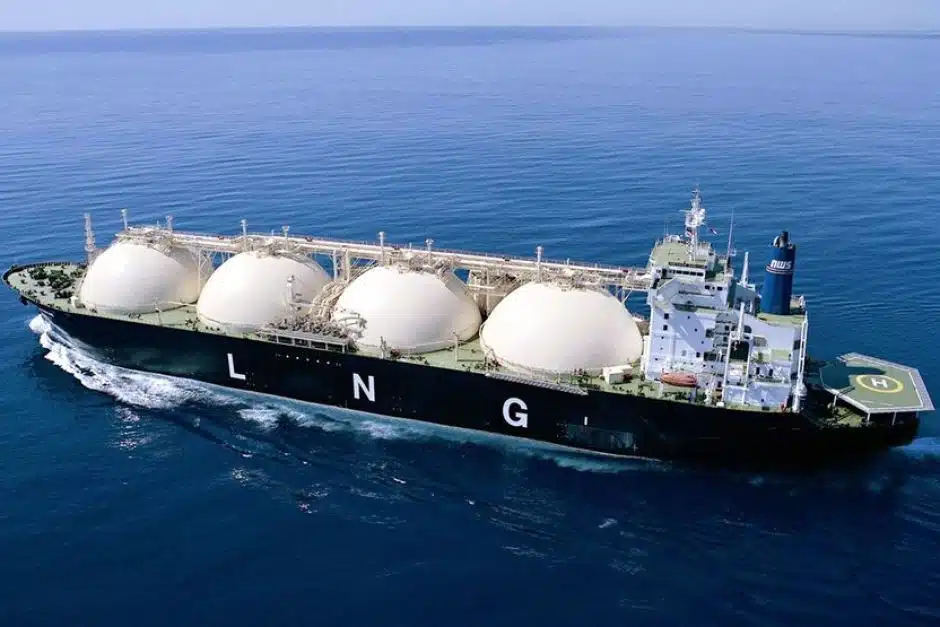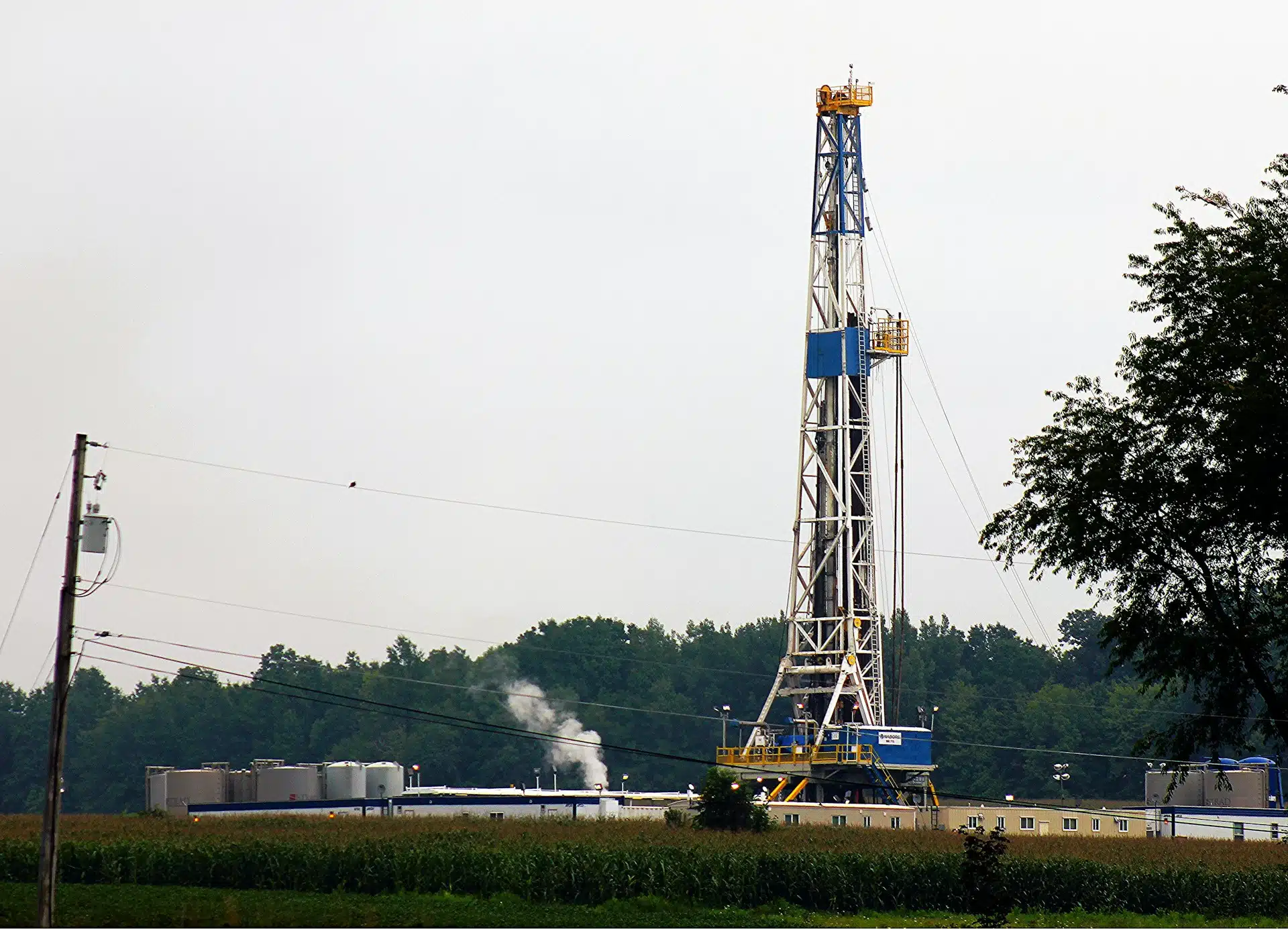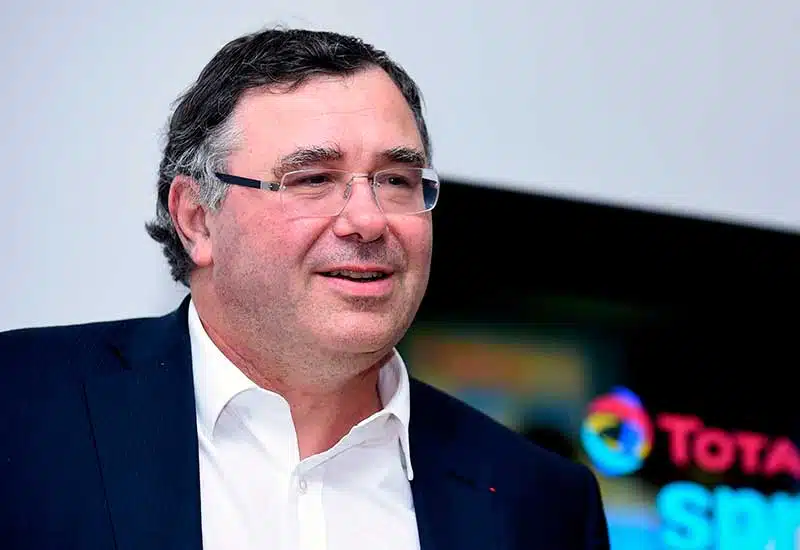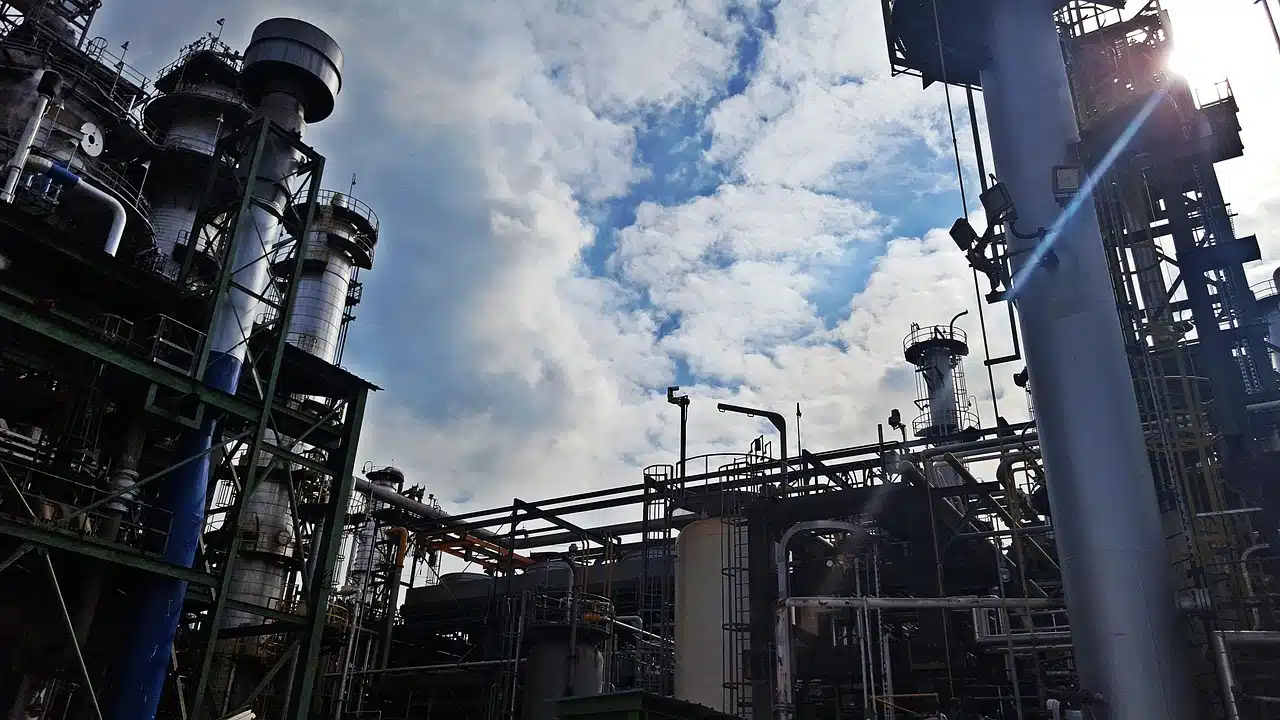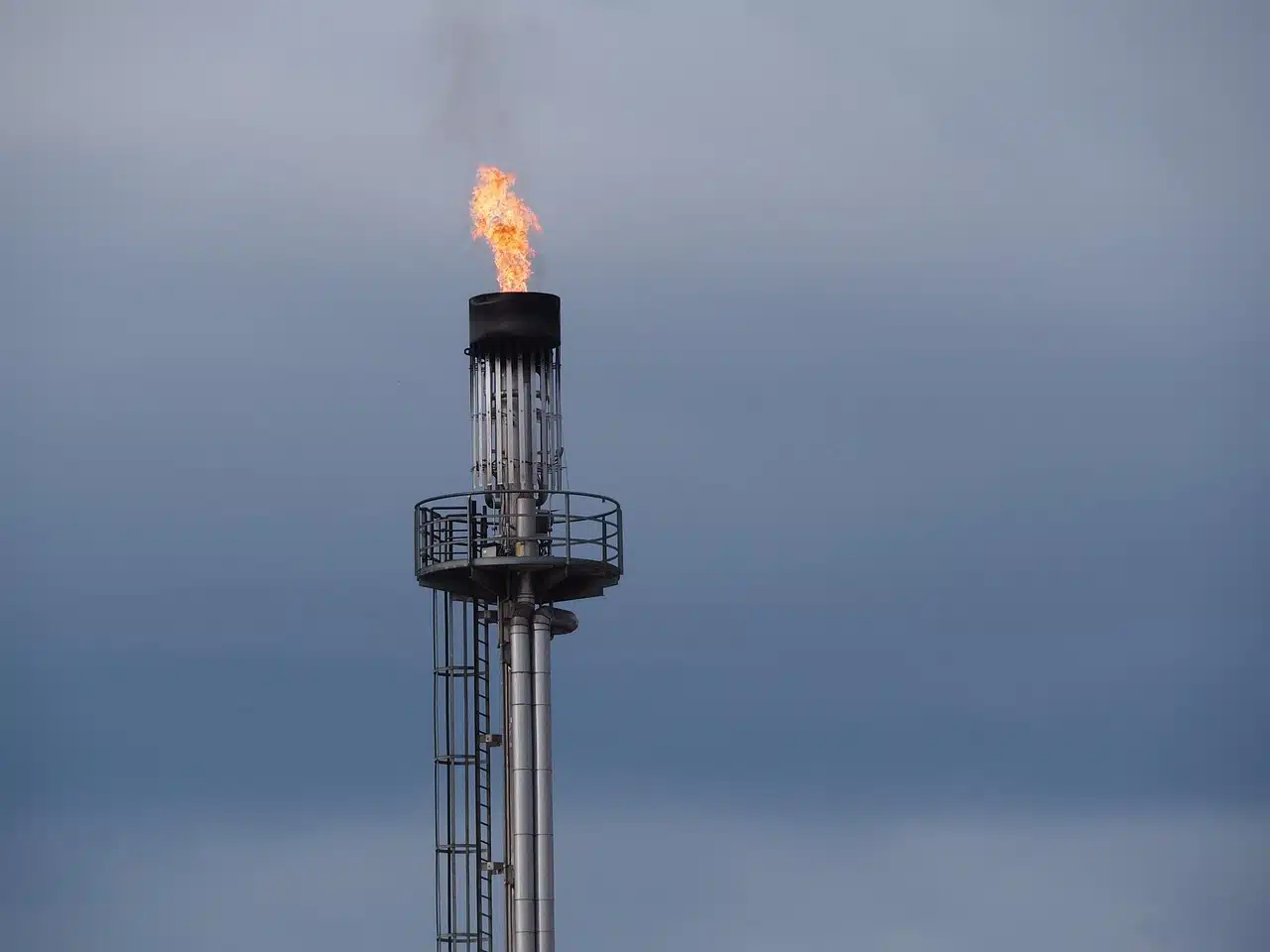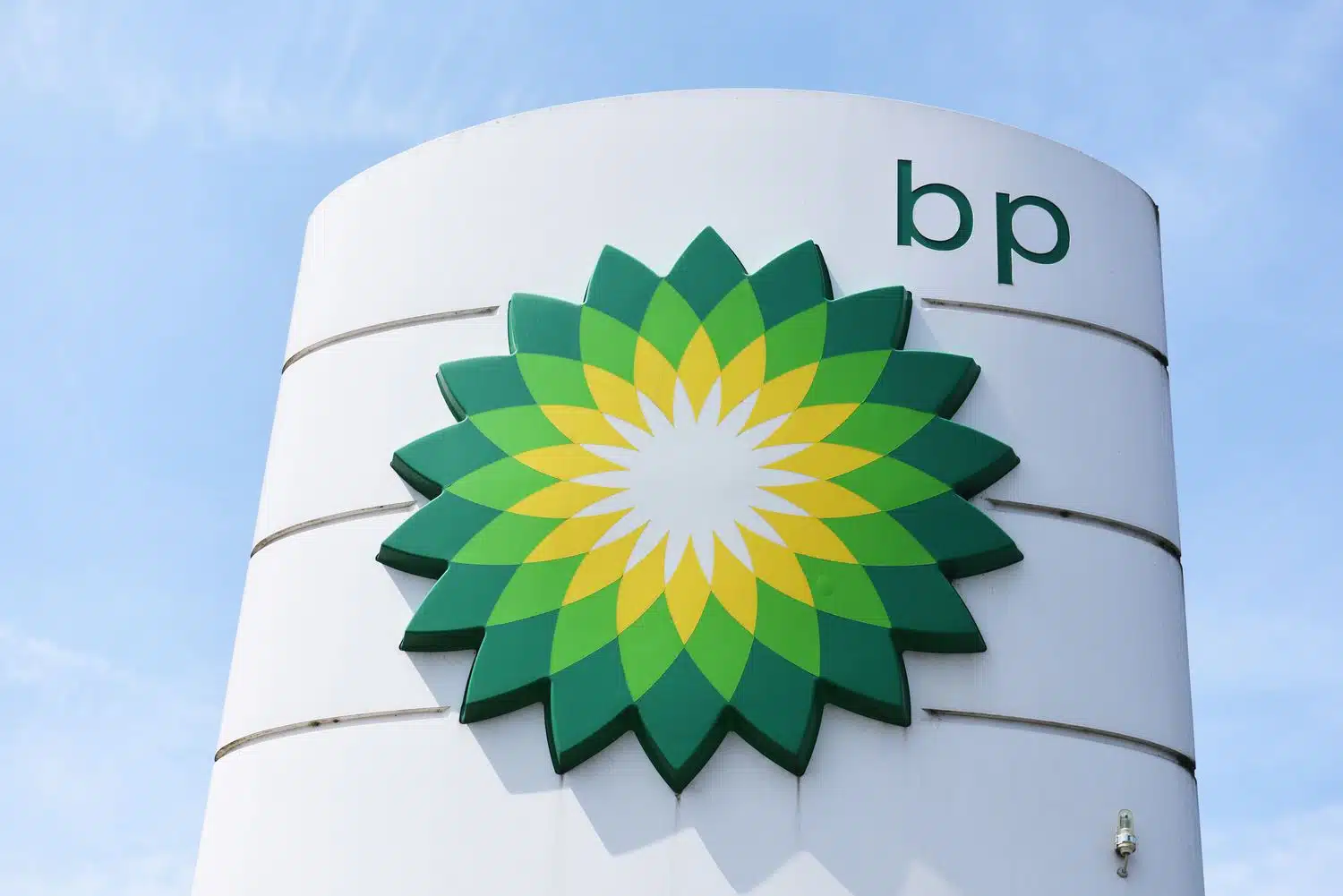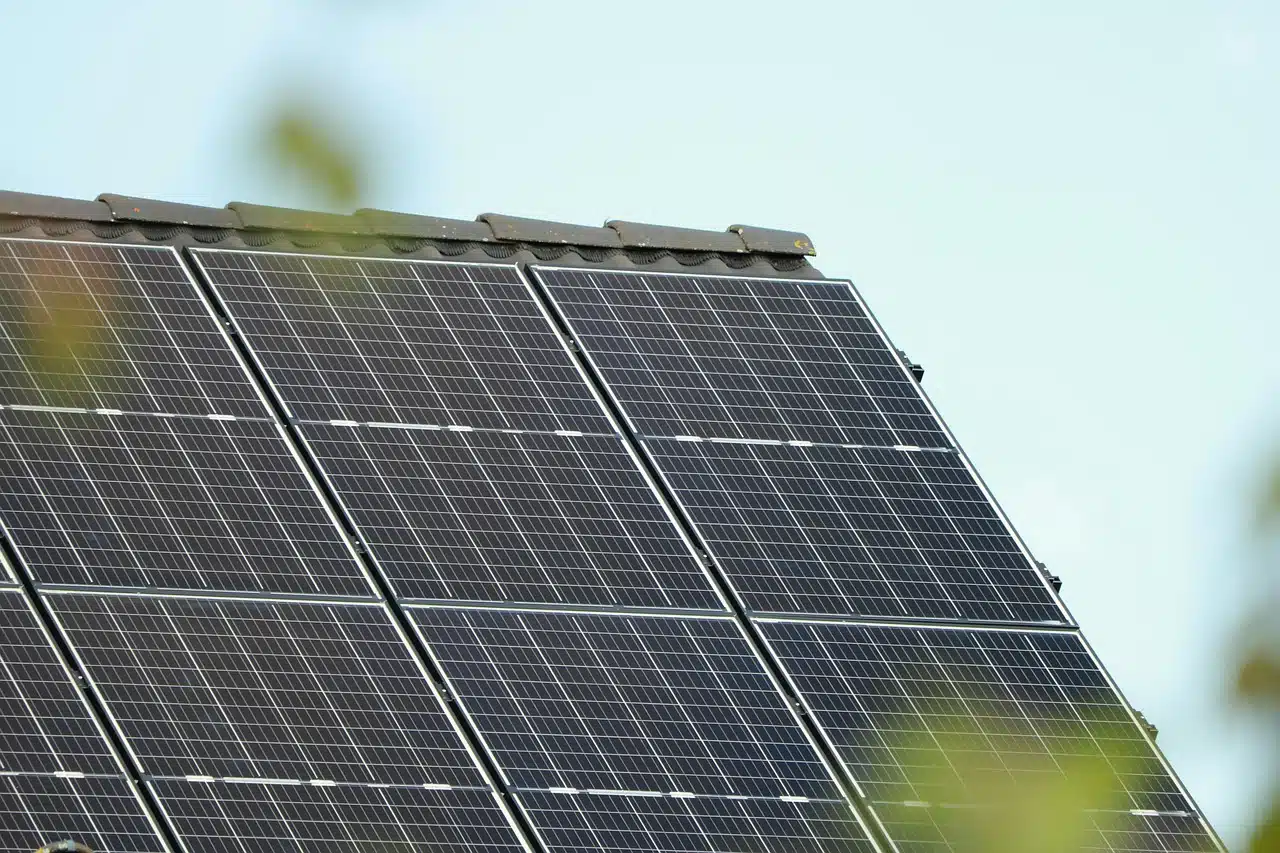South Africa has proposed a long term liquefied natural gas (LNG) purchase from the United States as part of a wider trade offer aimed at securing duty free access for key local exports.
The offer, part of a government strategy to bolster ties with Washington, could generate up to $12 billion over a decade.
This was contained in a ministerial statement posted on the South African government news agency website and signed by Khumbudzo Ntshavheni, minister in the presidency and cabinet spokesperson.
The statement, which was also shared via Ntshavheni’s official X account on Sunday, outlined the details of the proposal made during President Cyril Ramaphosa’s recent visit to the White House on May 21.
According to the document, South Africa is seeking to import between 75 and 100 petajoules equivalent to roughly 75 to 100 million cubic metres of LNG annually from the US, which is currently the world’s largest LNG exporter.
The proposed imports would be tied to broader economic cooperation and are expected to unlock approximately $900 million to $1.2 billion in annual trade value.
Ntshavheni stated that the gas trade offer was part of South Africa’s plan to transition from coal based energy to natural gas.
“The United States remains a global leader in energy production, and our proposal seeks to complement existing gas imports with reliable LNG supply from the US,” she noted.
She further explained that South Africa would work closely with American firms to explore technology exchange in gas production, particularly fracking, to unlock domestic gas potential.
“We are also open to technological cooperation, which could help us develop untapped reserves in the Karoo region, while respecting environmental considerations,” she said.
Currently, South Africa relies heavily on gas imports from neighboring Mozambique.
However, concerns over dwindling supply and infrastructure limitations have pushed the government to diversify its sources.
Ntshavheni added that the proposed LNG agreement would not replace existing suppliers but rather support the country’s growing energy demands.
The energy proposal is only one component of a wider trade package that South Africa presented during President Ramaphosa’s Washington visit.
Other aspects of the proposal include a duty free export quota of 40,000 vehicles annually from South Africa to the US, along with tariff free access for automotive components used in American manufacturing.
In addition, the government is requesting a yearly duty free quota of 385 million kilograms for steel and 132 million kilograms for aluminum, aimed at supporting South Africa’s industrial sectors.
These trade concessions, the document noted, are designed to foster reciprocal economic benefits between both countries.
Ntshavheni, who was part of the presidential delegation to the US, explained that the package represents South Africa’s willingness to strengthen bilateral economic ties.
“This proposal reflects our strategic priorities and provides a pathway for increased cooperation in trade, energy, and technology,” she said.
The presidency has not yet issued a formal clarification on whether the statement represents a finalized government position. Similarly, Ntshavheni’s spokesperson had not responded to media queries at the time of reporting.
Energy security and geopolitical backdrop
Moreover, the proposal comes at a time of shifting global energy dynamics and rising trade tensions.
Former US President Donald Trump, who met with President Ramaphosa during the visit, had previously criticized several South African domestic policies. These included land reform and Black economic empowerment.
Trump also stirred controversy by making unfounded claims of a “genocide” against South Africa’s white minority.
Despite the political tensions, South Africa remains eager to rebuild its economic ties with the US.
This effort follows a period of strained relations, during which Trump’s administration halted aid, offered asylum to white Afrikaners, and expelled South Africa’s ambassador.
The LNG for trade offer is seen as part of Ramaphosa’s broader effort to reset that relationship through mutually beneficial economic engagement.

